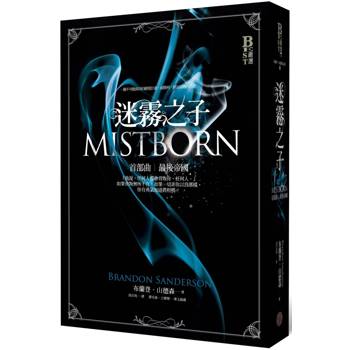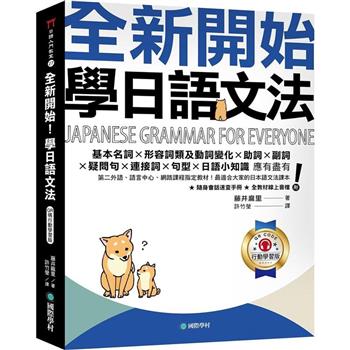There are many technical and popular accounts, both in Russian and in other languages, of the non-Euclidean geometry of Lobachevsky and Bolyai, a few of which are listed in the Bibliography. This geometry, also called hyperbolic geometry, is part of the required subject matter of many mathematics departments in universities and teachers' colleges-a reflec- tion of the view that familiarity with the elements of hyperbolic geometry is a useful part of the background of future high school teachers. Much attention is paid to hyperbolic geometry by school mathematics clubs. Some mathematicians and educators concerned with reform of the high school curriculum believe that the required part of the curriculum should include elements of hyperbolic geometry, and that the optional part of the curriculum should include a topic related to hyperbolic geometry. I The broad interest in hyperbolic geometry is not surprising. This interest has little to do with mathematical and scientific applications of hyperbolic geometry, since the applications (for instance, in the theory of automorphic functions) are rather specialized, and are likely to be encountered by very few of the many students who conscientiously study (and then present to examiners) the definition of parallels in hyperbolic geometry and the special features of configurations of lines in the hyperbolic plane. The principal reason for the interest in hyperbolic geometry is the important fact of "non-uniqueness" of geometry; of the existence of many geometric systems.
| FindBook |
|
有 1 項符合
isaak moiseevic的圖書 |
 |
$ 5399 | A Simple Non-Euclidean Geometry and Its Physical Basis: An Elementary Account of Galilean Geometry and the Galilean Principle of
作者:I-Aglom、Isaak Moiseevic 出版社:Springer 出版日期:1979-02-28 語言:英文 規格:平裝 / 307頁 / 23.4 x 15.5 x 1.8 cm / 普通級  看圖書介紹 看圖書介紹
|
|
|
圖書介紹 - 資料來源:博客來 評分:
圖書名稱:A Simple Non-Euclidean Geometry and Its Physical Basis: An Elementary Account of Galilean Geometry and the Galilean Principle of
|











